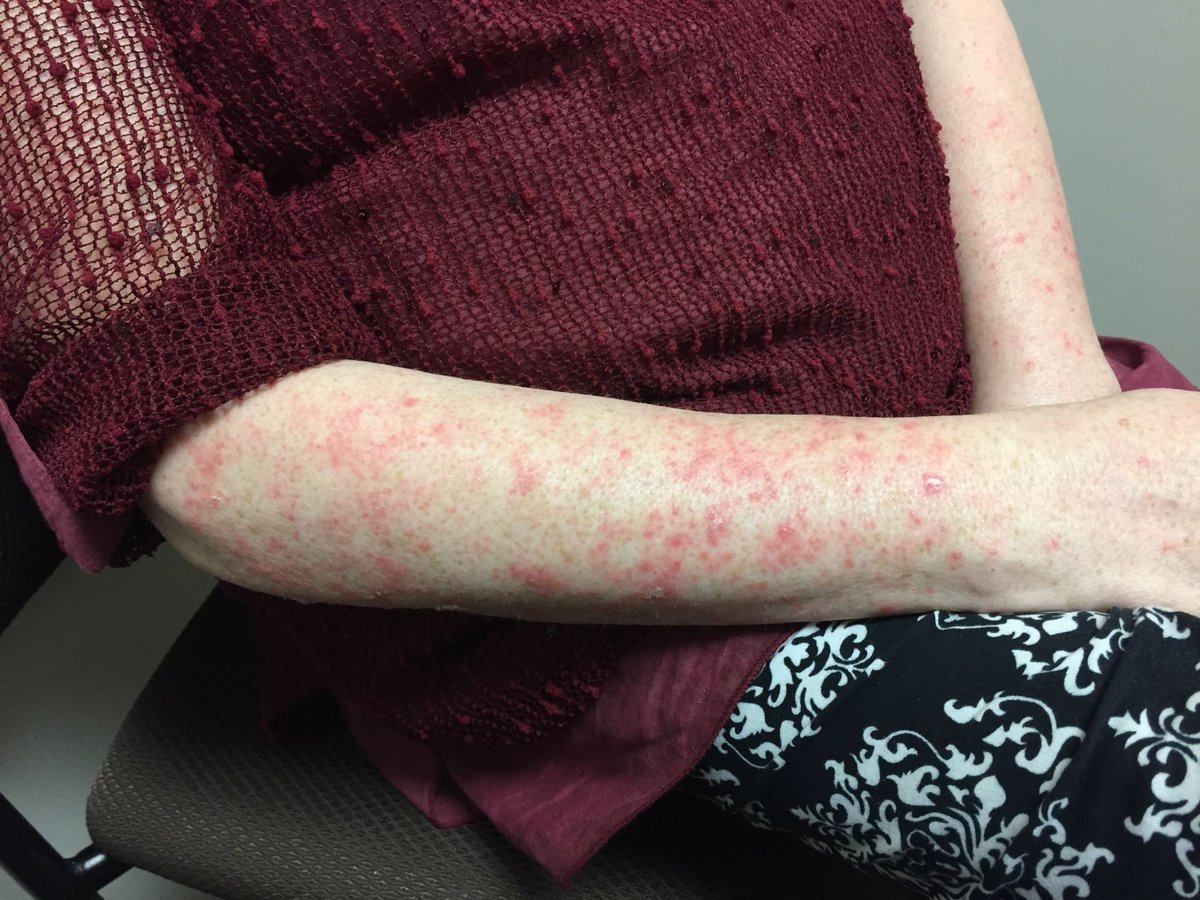All News
RheumNow Podcast – Modern Treatment of RA Pregnancy (6.25.2021)
Dr. Jack Cush reviews this week’s news and journal reports featured on RheumNow.com.
Read ArticleBirthday Gatherings Increase COVID-19 Risk
How risky are family gatherings, birthday parties and informal social gatherings? A cross-sectional analysis suggests that birthdays may be associated with increased rates of COVID-19 infection within households where there is a high COVID-19 prevalence in the population.
Read ArticleKnee Replacement in Obese OA is Cost Effective
Debates over ideal candidates for total knee replacement (TKR) in osteoarthritis patients often excludes those who are obese, but a recent article in the Annals of Internal Medicine suggests that TKR is both effective and cost-effective in obese patients (BMI >40 kg/m2) with
Read ArticlePain Persists in RA, Even Without Inflammation
One-third of patients with rheumatoid arthritis had unacceptably high levels of pain 5 years after diagnosis, often despite low levels of inflammation, Swedish researchers found.
Read ArticleBetter Outcomes with Modern T2T in Pregnancy
With the expansion of knowledge regarding the safety of newer agents in pregnancy comes the PreCARA study showing that when pregnancy is planned and patients with rheumatoid arthritis (RA) are treated with a modified treat-to-target (T2T) approach, superior outcomes can be anticipated.
Read Article
Links:

Links:

Links:
Dr. John Cush RheumNow ( View Tweet)

Links:
Dr. John Cush RheumNow ( View Tweet)

Links:
Dr. John Cush RheumNow ( View Tweet)

Links:
Dr. John Cush RheumNow ( View Tweet)

Links:
Dr. John Cush RheumNow ( View Tweet)

Links:
Dr. John Cush RheumNow ( View Tweet)

Links:
Dr. John Cush RheumNow ( View Tweet)

Links:
Dr. John Cush RheumNow ( View Tweet)

Links:

Links:
Dr. John Cush RheumNow ( View Tweet)

Links:

Links:

Links:
Dr. John Cush RheumNow ( View Tweet)







